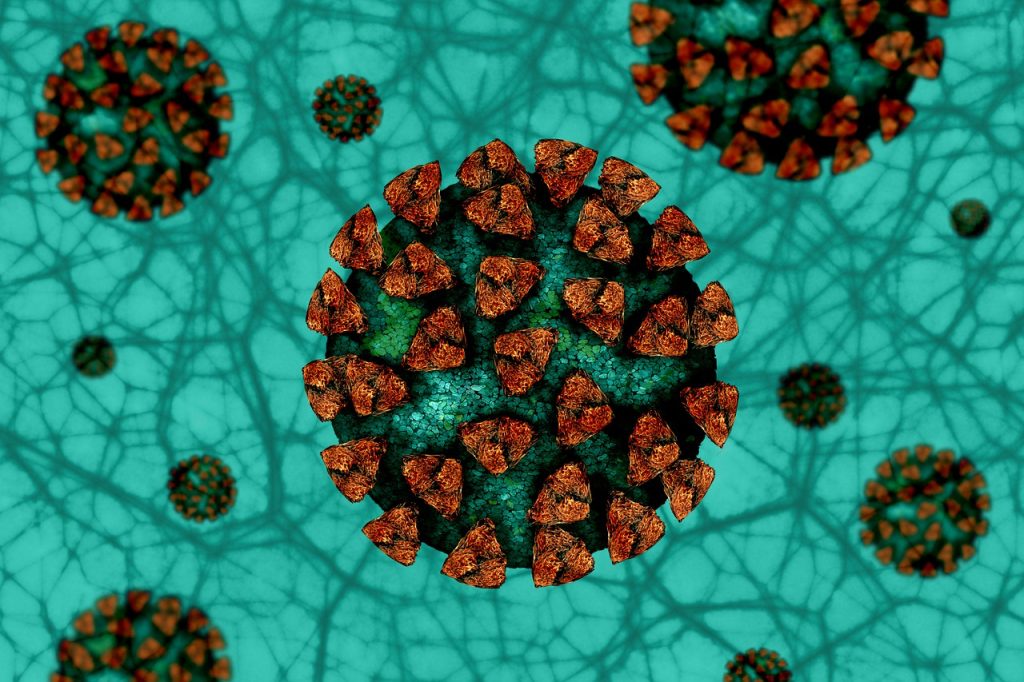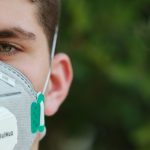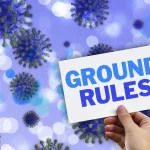Asked by reporters after a session of the HDZ branch in Zagreb if the current restrictions would be eased after 15 February, Plenković said that he believed that in the current situation citizens should be rewarded for demonstrating a high degree of patience and responsibility.
“We are considering several possible changes that will be presented at the government session tomorrow,” he said.
As for the new virus strain that has appeared in Croatia, Plenković said that it was epidemiologists’ duty to determine and restrict situations where the new strain emerges.
He said that South Tyrol, where infection with the new strain has been on the rise, was treated as a territory from where it is not possible to enter Croatia.
“We will try to protect Croatia with a border regime that will enable us to prevent a more significant appearance of new variants and strains. We will be careful, we have been following developments in other countries,” he said.
Plenković surprised by Zagreb University Rector getting vaccinated
Plenković was also asked to comment on Zagreb University Rector Damir Boras getting vaccinated against COVID-19 at a Zagreb dental clinic despite having previously contracted the disease and therefore not being a priority for vaccination.
Plenković said that he was surprised by that fact, declining to comment on the explanation by a health worker of how it happened that Boras got vaccinated “because I don’t know anything about it”.
The explanation was that Boras and his wife were vaccinated because, while they were being treated for dental problems they happened to be in the clinic on the day that the clinic’s medical staff were being vaccinated. After that, three diluted doses of the vaccine were left over and Boras asked if he and his wife could be vaccinated.
“I can only take note of that explanation,” the PM said.
He added that it was important to respect the vaccination schedule determined by the government.
“All county public health institutes, hospital heads and personnel in charge of vaccination and primary health care workers must follow the list of vaccination priorities,” he said.
He also said that it was good that the AstraZeneca vaccine had also proved to be good for people over the age of 65 and that it provided 100% protection against death, severe forms of the disease and more severe symptoms.
“All three (available) vaccines are equally reliable and it is good that as many citizens as possible get vaccinated.”
During February and March, more than 600,000 doses of the COVID-19 vaccine will be secured for Croatian citizens, he said.











